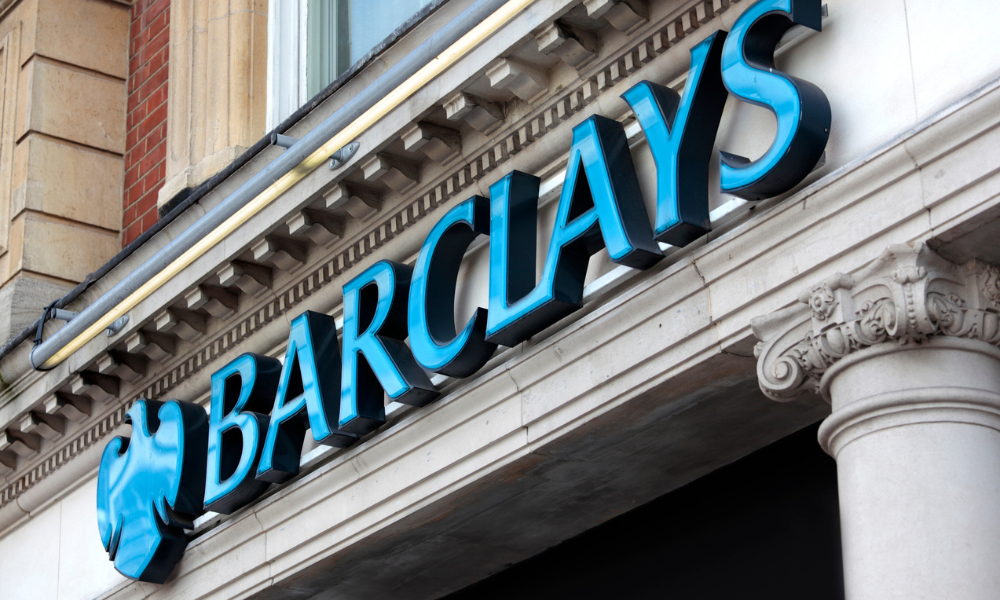

Stagnant deal activity, easing volatility and peaking interest rates are set to compound pressure on bank earnings, according to Barclays Plc’s chief executive officer.
Despite tentative signs of activity returning at the start of September, C.S. Venkatakrishnan said on Bloomberg’s In the City podcast that a dealmaking revival is still looking “a little further away.” He added that the expected end of rate rises will cap out banks’ net interest margins while lower volatility is likely to dampen trading revenues.
“All this means is some stability in bank earnings, as opposed to a shrinkage or tremendous growth,” he told David Merritt and Francine Lacqua in an interview that covered everything from the IPO market to cricket and Taylor Swift. “For growth to come back, one of these things has to reverse.”
The dearth of deals will hold back front-office recruitment for the time being, and hiring has likely already reached a plateau in investment banking, he added.
Shares in Barclays fell as much as 3.8% in early trading Thursday, the most since July 27 when it published second-quarter earnings.
Barclays just enjoyed a key role in the initial public offering of Arm Holdings Plc, one of the few blockbuster share sales of this year. Still, the group’s investment banking fees dropped 15% in the second quarter, and the lender recently dismissed 50 senior dealmakers as part of a wider cull across the corporate and investment bank. Its peers are also paring employees.
Turbulence in the sector got even worse this spring, when struggling Credit Suisse was pushed into the arms of rival UBS Group AG. And in the past few weeks, UK challenger lender Metro Bank Holdings Plc flagged concerns that regulators may not grant a long-sought approval to use internal risk models for residential mortgages, triggering a sell-off in its shares and bonds. This led to a capital raise that imposed a haircut on some bondholders this weekend.
Against a tough economic backdrop, and in the face of rising regulatory and investor scrutiny, Venkatakrishnan underscored the challenges facing newer industry players, many of which have existed entirely in an era of cheap money.
“Ultimately size catches up with you in some of these smaller firms,” he said. “Because do you have the ability to put in all the systems? Do you put in all the checks and balances in terms of KYC, money laundering, and so on?”

"This shouldn’t be hard to ban, but neither party will do it. So offensive to the people they serve," RIA titan Peter Mallouk said in a post that referenced Nancy Pelosi's reported stock gains.

Elsewhere, Sanctuary Wealth recently attracted a $225 million team from Edward Jones in Colorado.

The giant hybrid RIA is elevating its appeal to advisors with a curated suite of alternative investment models, offering exposure to private equity, private credit, and real estate.

The $40 billion RIA firm's latest West Coast deal brings a veteran with over 25 years of experience to its legacy division for succession-focused advisors.

Invictus fund managers allegedly kept $10 million in plan assets after removal, setting off a legal fight that raises red flags for wealth firms.
Orion's Tom Wilson on delivering coordinated, high-touch service in a world where returns alone no longer set you apart.
Barely a decade old, registered index-linked annuities have quickly surged in popularity, thanks to their unique blend of protection and growth potential—an appealing option for investors looking to chart a steadier course through today's choppy market waters, says Myles Lambert, Brighthouse Financial.
